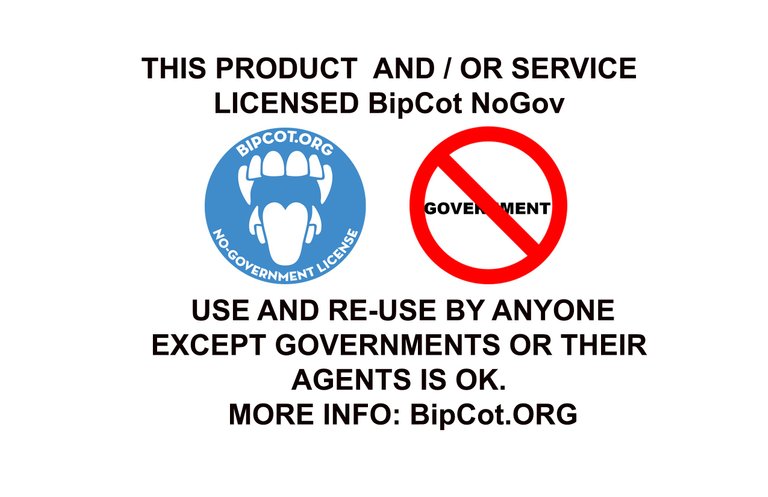Earlier today, I saw a sign stuck to a telephone pole that had some crazy art, and said "no gods, no leaders," which I found to be a mildly disturbing variation on the old anarchist chant: No Gods, No Masters.
As happens so often when I notice a little thing in the world that seems off, I decided to share my thoughts on it with you :-) This quickly led to the idea that the words leader, master, and ruler, are often misunderstood & misused in American society.

Looking at the Etymology (history of the word(s)):
- Leader: Old English lædere "one who leads, one first or most prominent," agent noun from lædan "to guide, conduct" (see lead (v.)). Cognate with Old Frisian ledera, Dutch leider, Old High German leitari, German Leiter. As a title for the head of an authoritarian state, from 1918 (translating Führer, Duce, caudillo, etc.).
- Master: late Old English mægester "a man having control or authority; a teacher or tutor," from Latin magister (n.) "chief, head, director, teacher" (source of Old French maistre, French maître, Spanish and Italian maestro, Portuguese mestre, Dutch meester, German Meister), contrastive adjective ("he who is greater") from magis (adv.) "more," from PIE *mag-yos-, comparative of root *meg- "great." The form was influenced in Middle English by Old French cognate maistre.
From late 12c. as "man eminently or perfectly skilled in something." From mid-14c. as "one who employs another or others in his service; also "owner of a living creature." Meaning "one charged with the care, direction, oversight, and control of some office, business, etc." is from mid-13c. In academic senses (from Medieval Latin magister) it is attested from mid-13c., originally "one who has received a degree conveying authority to teach in the universities;" master's degree, originally a degree giving one authority to teach in a university, is from late 14c. Also from mid-13c. as "workman qualified by training and experience to carry on his trade and teach apprentices." - Ruler: "one who rules," late 14c., agent noun from rule (v.)
- Rule (v.): c. 1200, "to control, guide, direct," from Old French riuler "impose rule," from Latin regulare "to control by rule, direct," from Latin regula "rule, straight piece of wood," from PIE root *reg- "move in a straight line," with derivatives meaning "to direct in a straight line," thus "to lead, rule." Legal sense "establish by decision" is recorded from early 15c. Meaning "mark with lines" is from 1590s. Meaning "to dominate, prevail" is from 1874. "Rule Brittania," patriotic song, is from 1740. Related: Ruled; ruling.
As you can see by these breakdowns, these words have completely different histories, origins, and meanings. It isn't until World War 2 that the word leader is used for "the head of an authoritarian state," while that basis in control, in coercion, is inherent in the root Latin for ruler.
Thanks for tuning in everyone!
We can each lead the way, setting an example of how to be a better human.
None have the right to rule over others.

If you enjoyed this, you may enjoy some of these highlights of my blog:


@tipu curate
Upvoted 👌 (Mana: 20/25 - need recharge?)
Thanks @elgranpoeta!
Today most people have forgotten the sense of the words... and mostly listen to respond, not to understand! I Like your take on this...
So true. I find myself spending quite a bit of my time, when in interaction with people, stopping them to ask what they mean by a word/letting them know what the word means etymologically.
Absolutely! That's if they're listening at all, and not just waiting for their turn to speak.
Hehe, doing this has given me quite a few names over time... I've even been attacked by asking too much bullshit and always taking the words too serious! Welcome to the real world Neo! SmirK
I used to sing, "When Irish Eyes Are Smiling" years ago..
When Irish eyes are smiling
All the world seems bright and .. and.. and.. "gay"
gay used to mean happy
Yep! How it made the switch from meaning happy to meaning homosexual is beyond me, certainly doesn't make any sense. Only thing I can think of is just reducing the number of ways something can be described, in order to limit its presence in the collective consciousness.